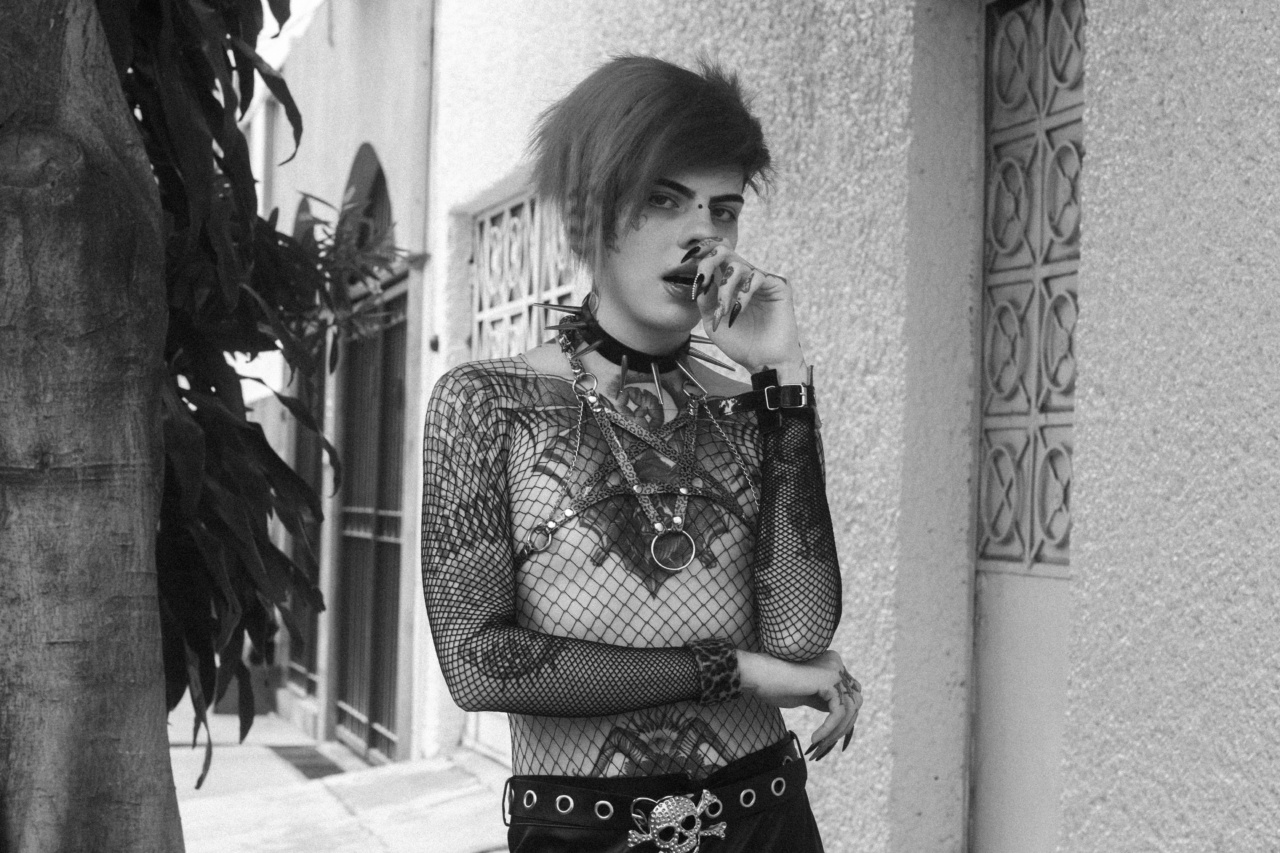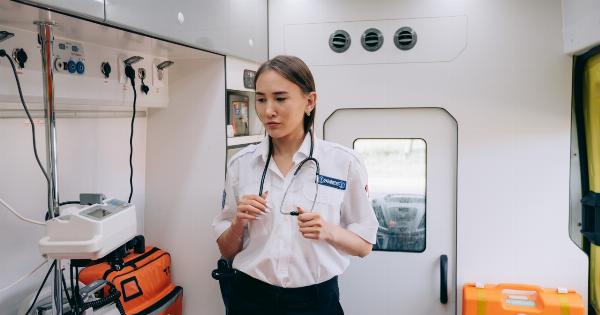Getting a tattoo is an exciting and permanent form of self-expression for many individuals. However, the process is not without its risks. When a tattoo is done improperly or by an inexperienced tattoo artist, it can result in a botched tattoo.
A botched tattoo refers to a tattoo that has been executed poorly, leading to various complications and unwanted outcomes. In this article, we will explore the risks associated with botched tattoos, highlighting the potential health, aesthetic, and emotional consequences.
The Importance of Choosing a Reputable Tattoo Artist
One of the key factors that can help prevent the risks associated with botched tattoos is selecting a reputable and experienced tattoo artist.
A skilled artist will prioritize hygiene, use high-quality tattoo equipment, and possess the technical know-how needed to create a safe and appealing tattoo. By researching and choosing an artist with a proven track record, individuals can significantly reduce the chances of encountering complications.
Possible Health Complications
When a tattoo is not applied correctly, various health complications can arise:.
Infections
A botched tattoo can become a breeding ground for bacteria and other harmful microorganisms. The use of unsterilized equipment or poor aftercare instructions can significantly increase the risk of infection.
Symptoms may include redness, swelling, pus, and excessive pain around the tattooed area. If left untreated, infections can lead to more severe consequences and even require medical intervention.
Allergic Reactions
In some cases, individuals may develop allergic reactions to the ink or other materials used during the tattooing process. These reactions can manifest as rashes, itching, or even more severe symptoms like difficulty breathing.
It is crucial to discuss any known allergies with the tattoo artist beforehand and ensure the use of hypoallergenic or organic inks if necessary.
Scarring and Keloids
A poorly executed tattoo can result in scarring, which alters the appearance of the tattooed area. Scarring can occur due to excessive trauma to the skin or improper healing.
Keloids are another potential risk, especially for individuals with a genetic predisposition. These raised, thickened scars can extend beyond the boundaries of the tattoo, causing aesthetic dissatisfaction and potential discomfort.
Uneven and Faded Tattoos
Uneven lines, patchy coloring, or faded ink are common outcomes of a botched tattoo. These issues can arise due to various factors such as improper needle depth, insufficient ink saturation, or inadequate aftercare.
Aesthetically displeasing tattoos can lead to dissatisfaction and self-consciousness, requiring additional touch-ups or even tattoo cover-ups.
Misinterpreted or Misspelled Tattoos
Another risk associated with botched tattoos is having words or symbols that are misinterpreted or misspelled. It is essential to provide accurate references to the tattoo artist and carefully review any text before it is permanently inked.
However, mistakes can still occur, resulting in embarrassment or the need for costly tattoo revision.
Psychological and Emotional Impact
Aside from the physical risks, the emotional impact of a botched tattoo should not be overlooked:.
Regret and Disappointment
A poorly executed tattoo can lead to feelings of regret and disappointment. Tattoos often hold personal significance, and when they do not fulfill expectations, it can lead to diminished self-esteem and dissatisfaction with one’s body.
This emotional impact may take time to process, and some individuals might even consider tattoo removal procedures.
Loss of Trust and Confidence
Experiencing a botched tattoo can shatter an individual’s trust in tattoo artists and the tattooing process. It may lead to an aversion or fear of getting tattoos in the future.
Additionally, it can erode self-confidence, as the person constantly grapples with the visible reminder of the poor experience they had.
Social and Professional Consequences
In certain social or professional settings, visible botched tattoos may be perceived negatively.
Discrimination or judgment based on appearance can occur, potentially affecting relationships, employment opportunities, or overall acceptance within society.
Seeking Remedies for Botched Tattoos
Fortunately, there are various remedies available for addressing the consequences of a botched tattoo:.
Tattoo Revision
In cases where the issues with a tattoo are minor or easily fixable, a skilled tattoo artist can perform a revision. This process involves modifying and correcting the original tattoo to improve its overall appearance and address any concerns.
Tattoo Cover-ups
For more significant issues, such as faded colors or large areas of dissatisfaction, a tattoo cover-up can be an effective solution.
Skilled tattoo artists can design a new tattoo that incorporates and conceals the previous one, creating a completely new piece of artwork.
Tattoo Removal
In situations where the botched tattoo cannot be adequately revised or covered up, individuals may opt for tattoo removal procedures. These procedures, such as laser tattoo removal or dermabrasion, aim to fade or eliminate the unwanted tattoo entirely.
Tattoo removal can be a lengthy and costly process, requiring multiple sessions to achieve the desired results.
Conclusion
Getting a tattoo is a personal decision that comes with risks, especially when the tattoo ends up being botched. It is crucial to thoroughly research and choose a reputable tattoo artist to minimize these risks.
Botched tattoos can lead to various health, aesthetic, and emotional complications, including infections, scarring, regret, and social consequences. However, with the availability of tattoo revisions, cover-ups, and removal procedures, individuals have options for addressing and remedying the negative outcomes of a botched tattoo.





























